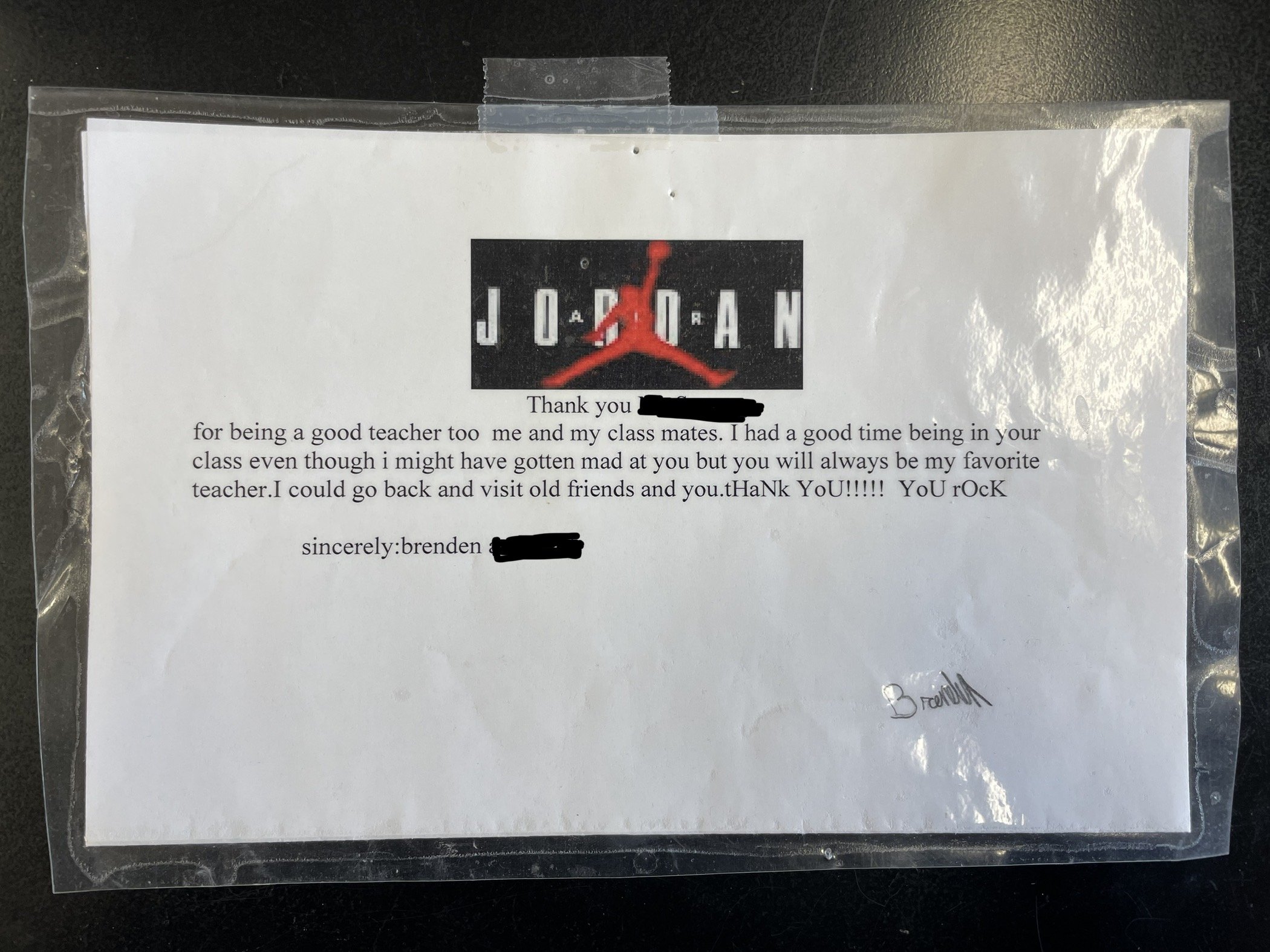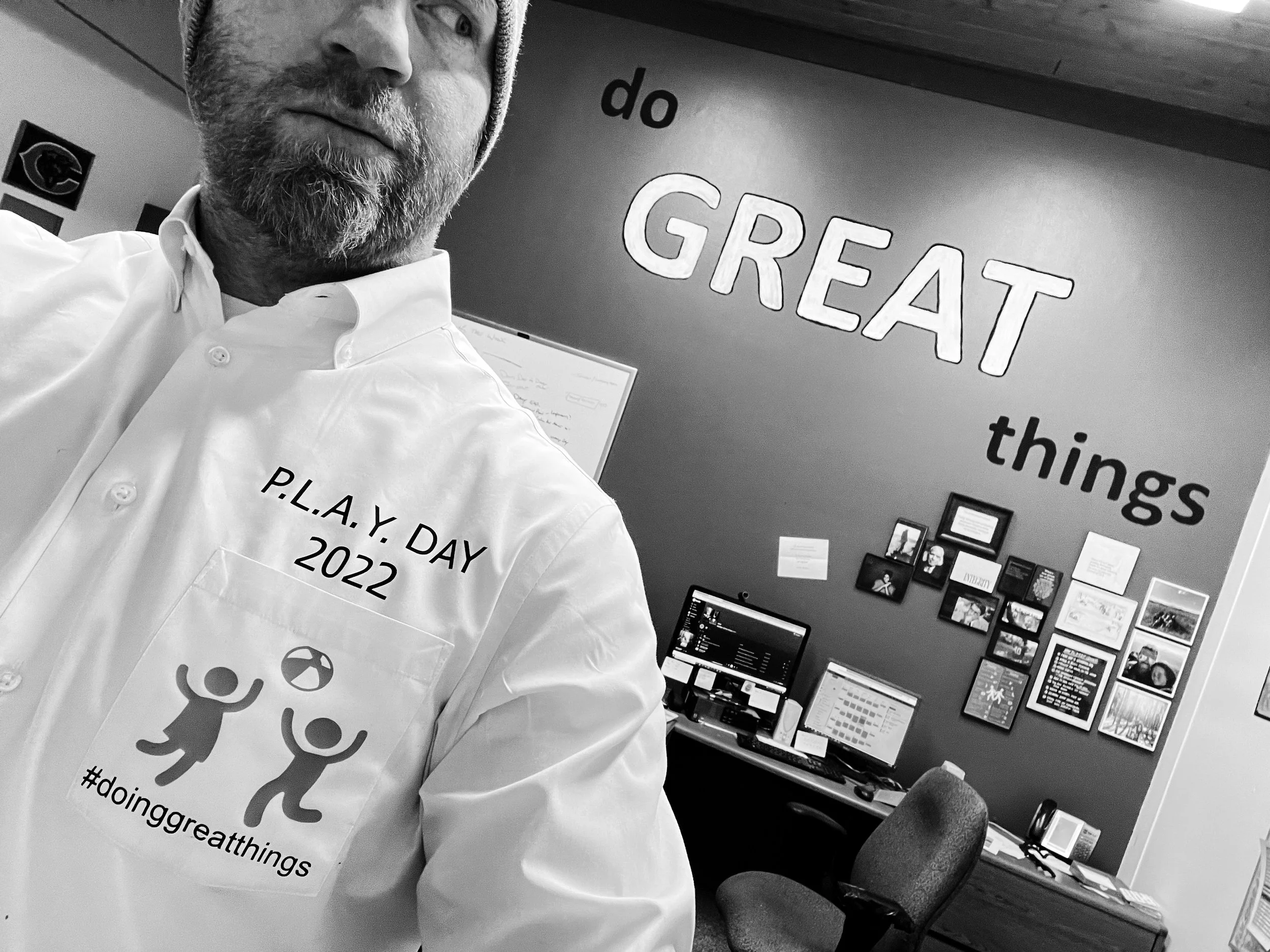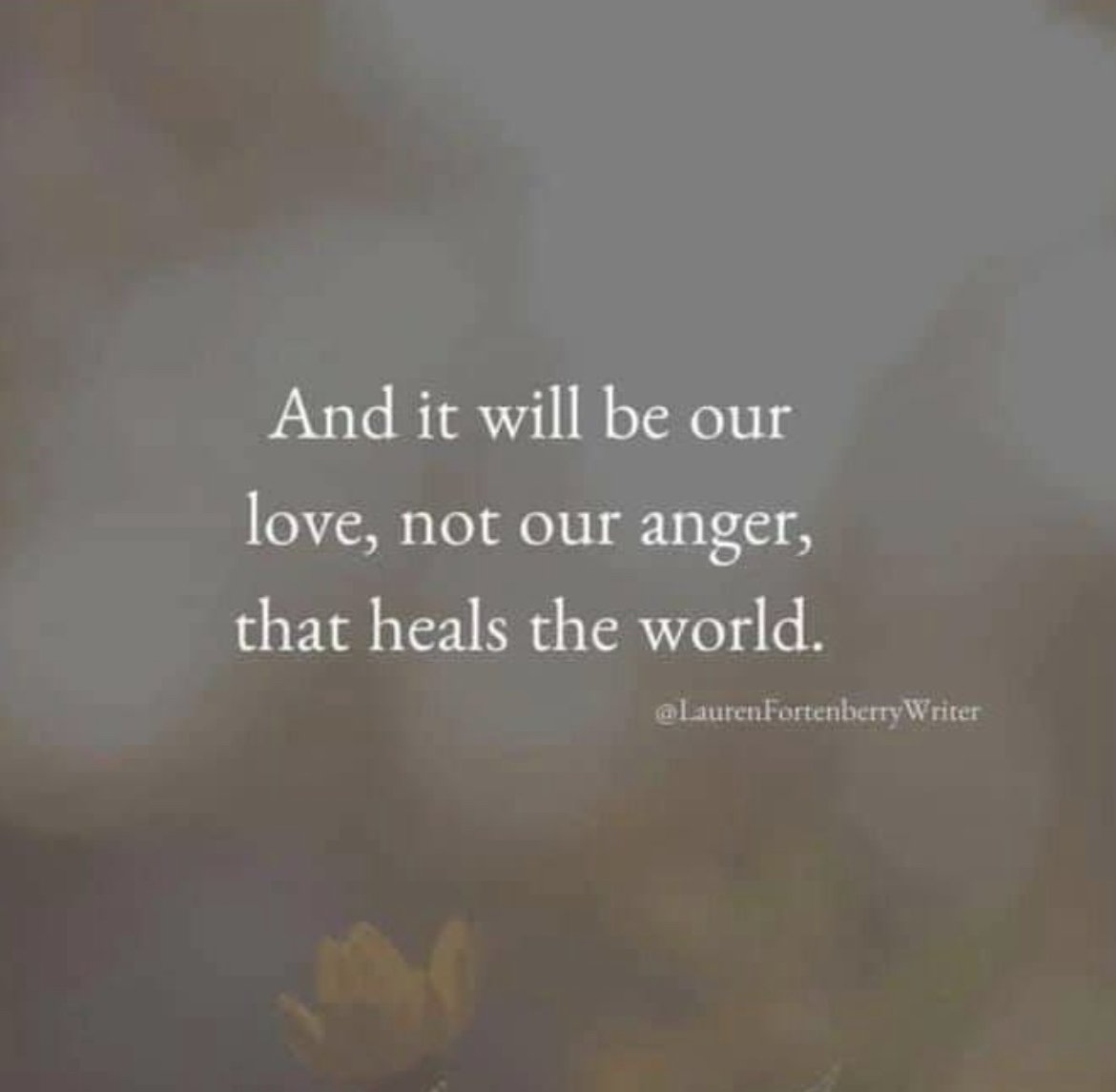I’ve shared this video with students before, and when asked, “Why is the person filming this,” the response is something like, “To make fun of him.” And they’re right. Whoever is filming the Sasquatch Dancer doesn’t find him cool or awe inspiring.
But that is exactly what he becomes.
I don’t know how long the Sasquatch Man danced before the video started, but I speculate it was a decent while. Long enough, anyway, for the person with the phone to take notice and pull out their phone.
Whatever the time, after 16 seconds of video, he dances alone. Then finally, someone joins in.
And this is where it gets interesting.
Once the second dancer appears, a shift occurs. Suddenly, and ever so slightly, the audience - including you and me - connects with the two dancers. We are still laughing at them and are perhaps even a bit uncomfortable, but our hearts and minds move from judgement to a sort of strange support. Suddenly, Sasquatch Dancing Guy is no longer weird, he’s enduring. All because someone joined him.
Then, together, they dance. For almost another 20 seconds before someone else joins in. Then someone else . . . Then two more . . . Then a small crowed.
Then people begin to cheer.
After almost 90 seconds of dancing . . . the movement begins.
Then suddenly, like a mad rush of bison across a prairie, those who were once lounging and watching, recording and judging, are now running towards the Sasquatch Dancer, eager and excited to join in!
And they just keep coming . . . and coming . . . and coming!
I love this video and turn it on every so often, just to be inspired. My most recent watch, however, had me considering the impact of dancing and how our actions, both big and small, can start a movement. Three simple truths come to mind.
One: It’s Okay to Dance Alone.
When we dance with conviction, when we step out in faith and passion and do what we think is good and right and true, oftentimes, we might have to do it alone. Even worse, we might have to do it under watchful and judgmental eyes because stepping up and standing out draws the attention of others. Especially judgmental others. But if we hold true and stay steady to our beliefs and convictions - if we keep dancing amidst the snickers and side conversations - not only do we live a life of integrity, we open a door to the possibility of change. Because in order to start a movement we need people moving. And in order for people to move, someone needs to join.
Two: When You Join the Dance You Bring the Party.
The second dancer is crucial to the movement because he gives permission for others to join. He, more than Sasquatch Dancer, is similar to those sitting on the lawn because not so long ago he was one of them, sitting on the lawn, and not dancing! So when he joins, those nearby see themselves in him and begin to wonder . . . should we dance too? Can we?
And after a few more join, suddenly there is safety in numbers and the movement is underway. All because Sasquatch Dancer #2 was willing to join in..
This is the power of support. You don’t need to know exactly what to do or how to do it. You just need to show up and dance alongside the one who is leading the way. For although they may have started the movement, they need support. They need you to bring the party.
Three: Lose the Fame, Share the Frame.
Rather quickly, the Sasquatch Dancer is no longer visible because the crowd is just too big. And this moment, for me at least, is crucial because it is the manifestation of why we choose to dance: to inspire change.
In the end, maybe no one will remember our name, the things we did, or the fact that we were the first to dance. Maybe, when our time comes to an end, no one will applaud our work or pin a metal to our breast. Maybe no one will thank us for our service.
And if they don’t, does that mean we failed? Does that mean it was all a waste of time? Does that mean it wasn’t worth it?
I certainly hope not.
Do you think the Sasquatch Dancer is angered by this video and the fact that his name is never mentioned?
I doubt it.
For even though we all want to be acknowledge for the work we do and sacrifices we make, more importantly than that, we want our lives and actions to matter. We want to make a difference. And often times - and probably more times than not - in order to do so, we need to lose the fame and share the frame. Its about the party and the dance and those who run down the hill to join, not about who started it.
But first, someone needs to start it.
If you have an idea, a conviction, or an itch of a thought that you’ve been eager to get started, then brother or sister, put the phone away, get up off the lawn, and start dancing. People are eager to join movements that matter, they just need someone courageous enough to show them how.
Are you ready to start dancing?
For more on . . .
-N- Stuff : Humanity : Friday Thoughts
P.S. Malcolm Gladwell has a similar discussion on Mob Mentality. You can watch it here.

























